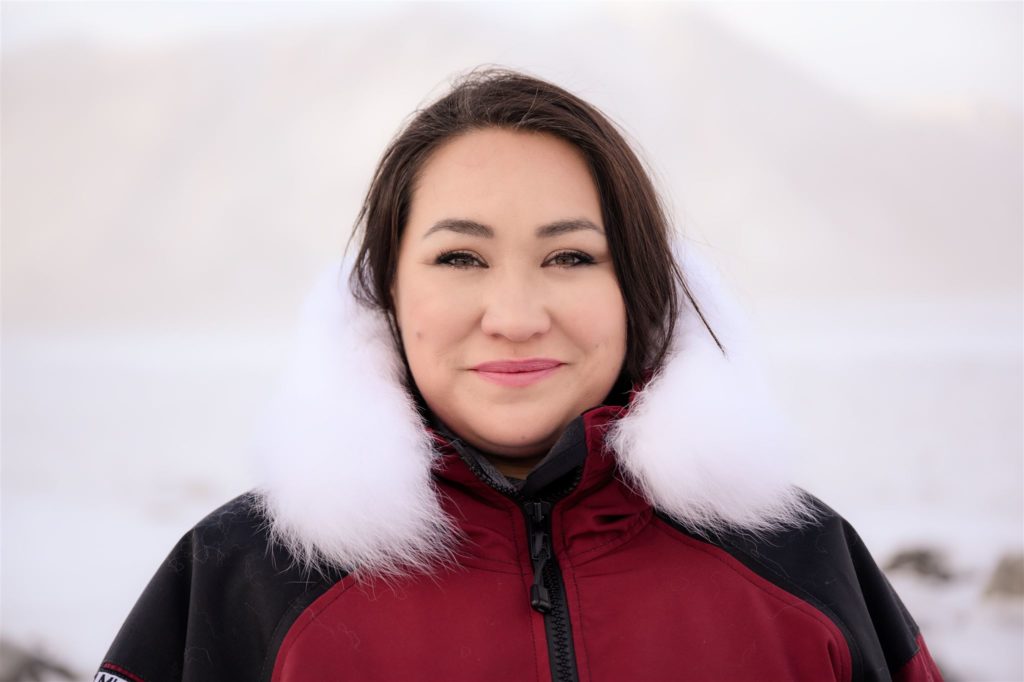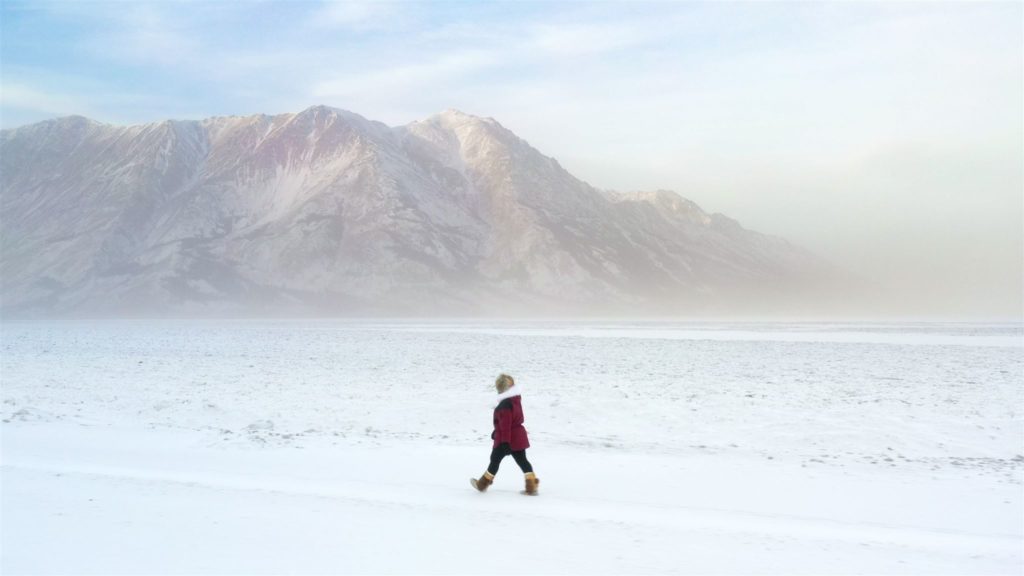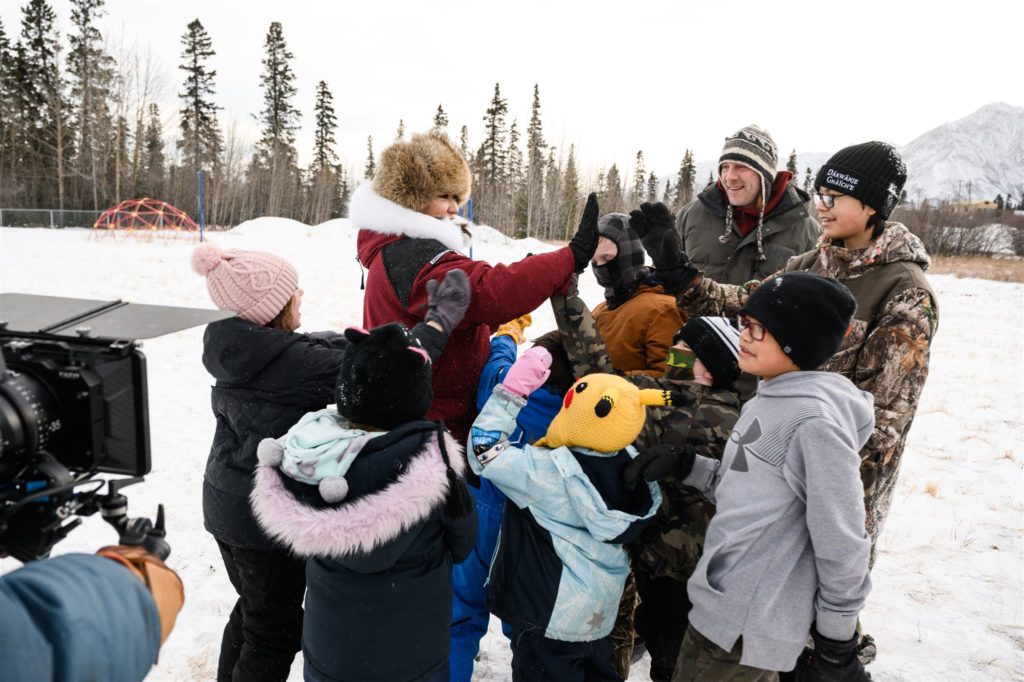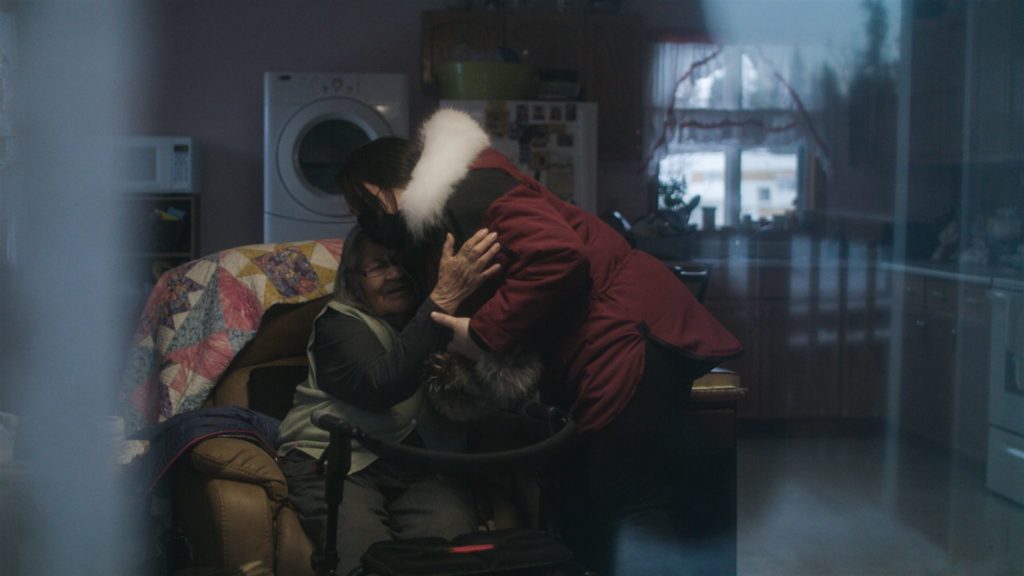
Diyet was born in a tent and spent her childhood on the ancestral lands of the Kluane First Nation people in Canada’s Yukon Territory. Her musical presence is as diverse as her Southern Tutchone, Tlingit, Japanese and Scottish heritage— during the COVID lock-down, Diyet released her new video “Brave Face” celebrating the diversity of people of the Yukon.
Here Diyet discusses turning Handel’s Messiah on its head, and filming her journey home.
“Southern Tutchone is region specific, and our language is tied to the land,” she says. “Looking at what these words meant, and how to interpret them to feel authentic and believable, it had to be about my own lived experience. The feelings that are evoked in the words of my song are based on feelings that I have experienced here on this land.”

“When I was first approached about this project, my first reaction was that Handel, and in particular the Messiah, represented a colonial and religious viewpoint that was too far removed from my own world and spiritual views to be a good fit,” Diyet says.
Diyet is from the Kluane First Nation and asked Against the Grain Theatre’s Joel Ivany if she could sing her part in her traditional language—Southern Tutchone. “I came to the conclusion that I’d grown as an artist in the last 20 years, understanding my own history and culture, and I struggle as a performer to reconcile music I may love with my own feelings of identity and culture. The only way I can do this is if I have the freedom to make this piece feel like it’s about where I’m from.”

“The more I thought about it, the more I saw this as an opportunity to embrace this music and turn it on its head by singing in Southern Tutchone,” says Diyet. “Working with my 91 year-old-grandmother, we’ve been able to recreate a story of celebration and good news that embraces the spirit of a proud Indigenous person and the gifts we have and are responsible for,” she says. “If Handel were alive today, I think he would dig it.“
“I probably haven’t sung a piece of classical music in 20 years,” she laughs. Diyet is performing Messiah’s O Thou Tellest Good Tidings to Zion, and her reinterpretation became about celebrating the land and creation.

For her film shoot, Diyet explored the idea of a happy journey home. “This is a joyful song, and it’s playful. I decided to make the film about a journey through my territory, to my home community. We started about 120 kilometres away from my village, at Haines Junction. And then we drove to the glacial Kluane Lake, and eventually into my village of Burwash. The last scene in my film is of visiting my grandma— because she is an important part of this creative journey—after all, I’m singing the words that she translated. When we visited, I had to wear a mask, of course. The film is a marker of this moment in time we’re all living through.”
“For the translation, I worked with my grandma, who is fluent in Southern Tutchone,” she told Yukon Arts Centre. “The translation we came up with is about finding creation and the creator in all things, especially this land. To look at all this incredible land and all of these things on it and people in this land. So that’s what the piece became for me—a meaningful way to examine where I’m from and what I believe.”
Thank you to Diyet for contributing her artistic voice and being a part of this project. Diyet’s performance has been generously supported by the Yukon Arts Centre, Whitehorse Concerts, Coast Mountain Sports and Skookum Brand.
Follow Against the Grain Theatre on Facebook, Instagram, and Twitter for up-to-date news about Messiah/Complex.
